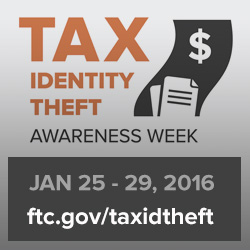As many seniors will attest, it was very disappointing to learn that there will be no cost of living increase for social security recipients in 2016. The lack of cost of living adjustments has also impacted the various tax rates and retirement contribution rates, most of which are remaining the same as the 2015 rates.
For 2016 the estate and gift tax limits have been slightly adjusted with an increase in the federal estate and gift tax exemption amount to $5,450,000 per person. This is an increase of $20,000 from the 2015 exemption amount. Thus, for a married couple, a proper estate plan can protect a total estate of $10,900,000 in 2016.
Unfortunately, like last year, the annual gift tax exclusion amount remains at $14,000 per person. A donor can gift $14,000 to any number of donees with no tax consequence, but larger gifts would need to be reported on a gift tax return (form 709).
For 2016 the annual contribution limits for retirement plans remain the same. The annual limit for 401(k), 402(b) and 457 plans is $18,000. For employees that are over age 50, a catch-up contribution in the amount of $6,000 per year is allowed. Thus, those employees over 50 can contribute up to a total of $24,000 into their 401(k). For IRA contributions, the annual limit remains at $5,500.
* The information contained in this Blog is intended for general information and educational purposes only and does not constitute legal advice or an opinion of counsel.

 As Tax season approaches make sure that you do not fall victim to the fraud and scams that abound. Listed below are some of the events that are being hosted by the Federal Trade Commission and its partners on how to minimize your risk what to do if your identity is compromised.
As Tax season approaches make sure that you do not fall victim to the fraud and scams that abound. Listed below are some of the events that are being hosted by the Federal Trade Commission and its partners on how to minimize your risk what to do if your identity is compromised.


